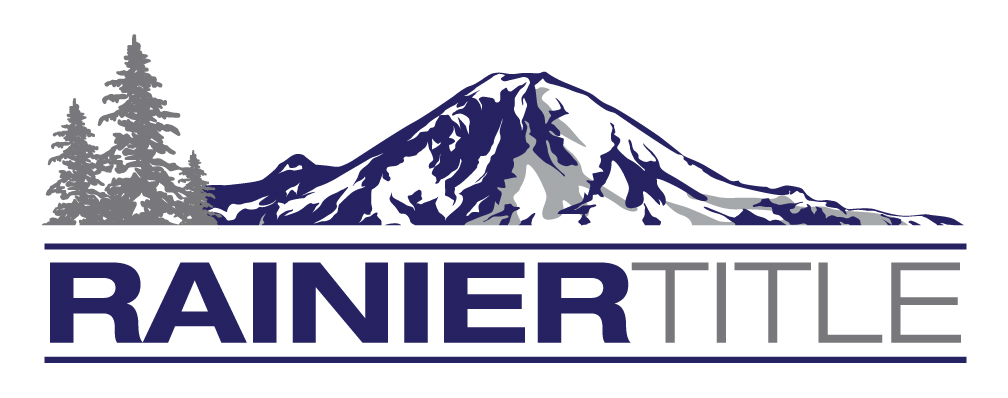Once your offer is accepted, escrow is opened. During this time, usually between 30-60 days, there is much to do besides waiting for bank approval.
As a buyer, you will want to pay for a home inspection. You are not required to get a home inspection, but it is recommended because it gives you vital information about the structure and working systems of the home. If the examination reveals issues, it is your right to cancel the contract as long as it is in writing and within the home inspection contingency period. You can also ask the seller to pay for and make the repairs before escrow closes. The seller can accept your request, reject it, or give you credit to do the repairs yourself.
Scheduling the inspection for the first week-fifteen days after the acceptance date will allow you time to negotiate any repairs with the seller and have the repairs completed before the close of escrow.
What Does The Home Inspector Do?
The home inspector will produce a report of any construction defects, indoor and outdoor system defects and the condition of appliances. The inspector will also note if he sees anything that needs additional inspection or repairs.
What’s Included In The Inspection?
The home inspector looks for obvious visible defects of:
- Building Exterior: siding, roof gutters, downspouts, foundation, driveway, fences, patios
- Landscaping: sprinklers, property grading, and drainage
- Walls and Ceilings
- Doors and Windows
- Attic and Insulation
- Fireplaces and Chimneys
- Electrical System: panel, switches, outlets
- Heating and Air Conditioning: ducts, registers
- Plumbing System: pressure, supply lines, valves, waste lines, hose bibs, water heater, bath fixtures
- Appliances: sinks, dishwasher, refrigerator, oven, stove
- Garage Door and Garage Door Opener
Six Additional Inspections A Buyer Can Order
Standard inspections do not include many tests that a homeowner may want to have done. Here are six more to consider:
1. Pest Inspection- Most buyers ask the sellers to pay for this inspection. A buyer may still want to pay for the inspection if the homeowner won’t. The termite company doing the inspection will look for evidence of termites and other wood-destroying pests and provide a report of their findings to the buyer, seller, and agents. This inspection should be done in the first week also.
2. Asbestos Inspection- If you are buying an older home, you may want to have it checked for asbestos. Asbestos is a known health hazard and can lead to severe lung conditions, including asbestosis and cancer.
3. Gases and Chemicals- An inspector can check for gases and chemicals and gases like Radon, Formaldehyde, and Methane gas. They will recommend ways to remove the contaminants in their report.
4. Mold Inspection- A mold inspection will check for dampness in the building materials in your home, including the drywall, insulation, around window casings, bathroom cabinet, and others.
5. Pool and Spa Inspection- If you are buying a home with a pool or spa, you will want them inspected since these are potentially expensive items to repair.
6. Environmental Inspection- If you are in areas subject to floods, earthquakes, or other natural disasters, your lender may require geologic/soil reports or require you to obtain flood insurance. Check with your lender or agent for specific requirements. The inspector may recommend a specialist for fireplace and chimney and roof. If the property is on a cliff or waterfront, a geo may be recommended.
Typical Inspections Timeline
Week One:
* Home Inspection
* Agent Visual Inspection-The buyer’s agent visually inspects the home and property and writes up their findings, which are then signed by both the buyers and sellers.
* Appraisal- Required by your lender, paid by you, the buyer.
* Any other inspections required by the lender or ordered by you.
Week three:
* Inspections are done by this time.
* Repairs have been negotiated, and your loan has been approved and confirmed.
* As a buyer, you will release your contingencies.
* Agreed upon repairs will be scheduled.
Week Four:
* All repairs are completed
* You will do a final walk-through to verify that the repairs have been done and that the home is in the same condition as when you made the offer.
Be sure to discuss the inspection strategy with your real estate agent as the market and its tolerance for inspections and repairs can vary greatly.
Congratulations on your new home!

